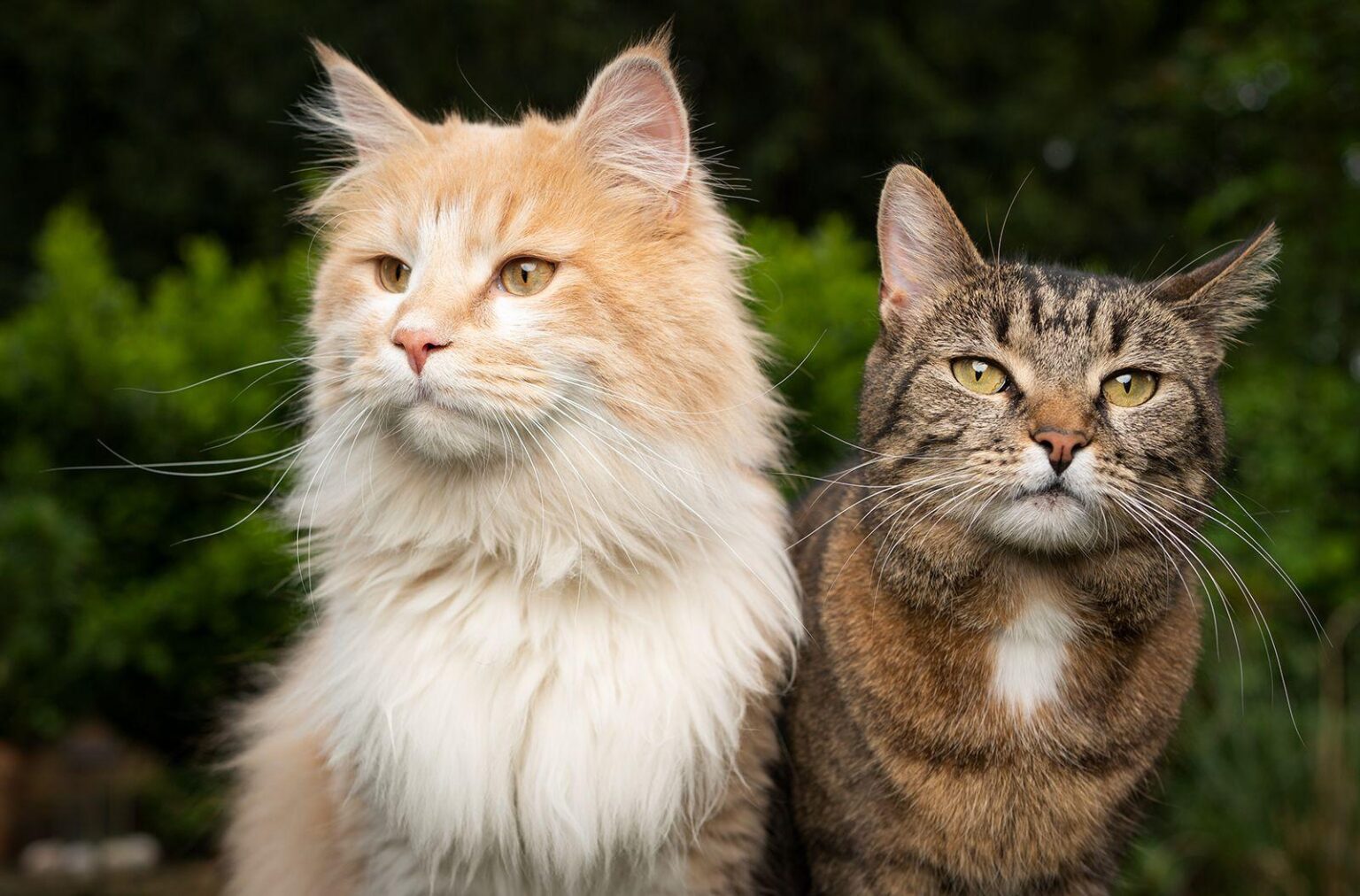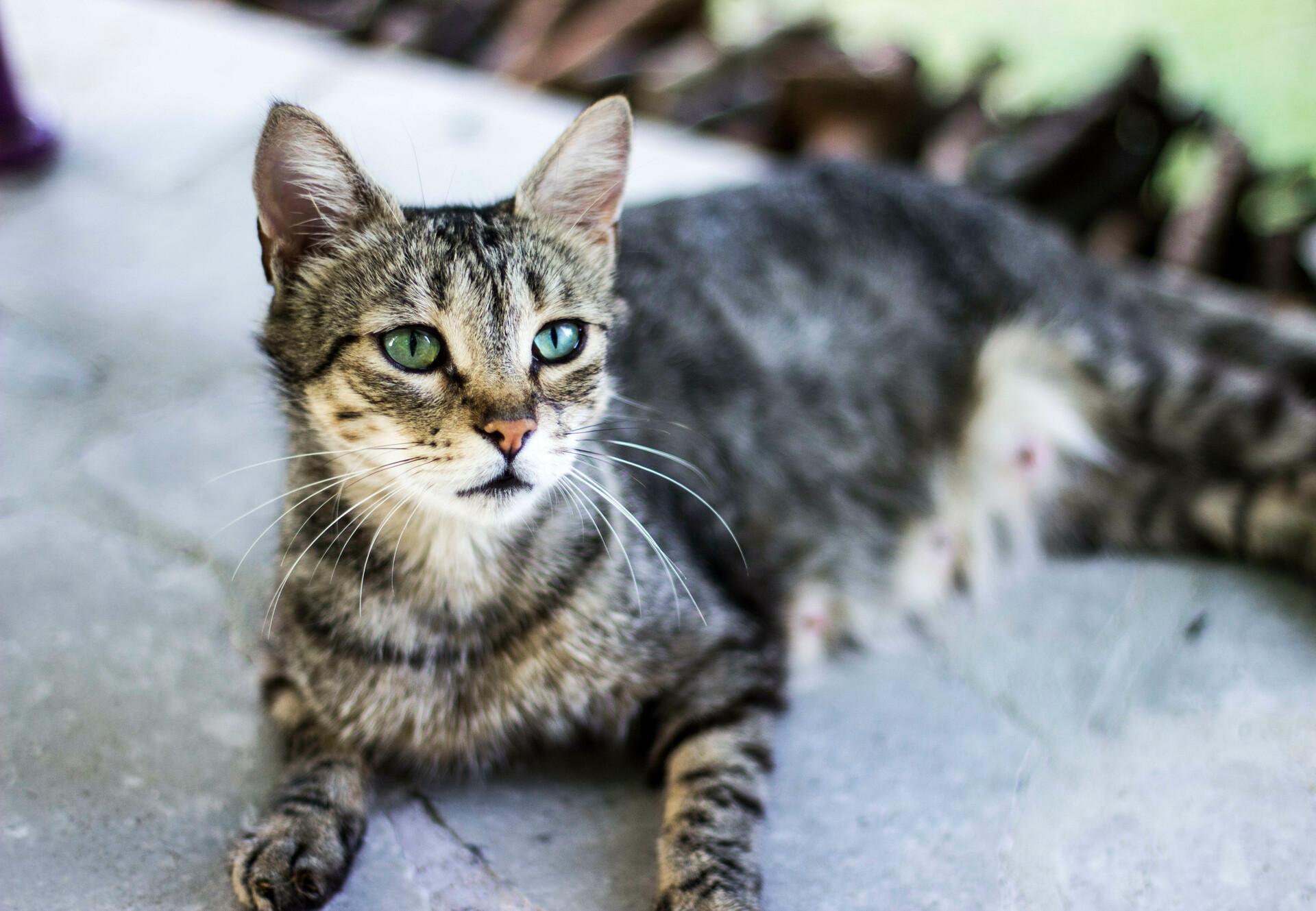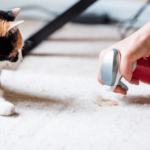As a cat owner, you may often find yourself wondering what foods are safe to share with your furry friend. One treat that frequently sparks curiosity is cheese. It’s rich, creamy, and often seen as a delightful snack for humans, but does it have a place in your cat’s diet?
In this article, we’ll dive into the fascinating world of feline nutrition to explore whether cats can have cheese, the potential benefits and risks involved, and how to introduce this dairy delight safely. So, before you toss that cheesy morsel to your curious kitty, let’s unpack everything you need to know about this popular snack!
Table of Contents
- Understanding Cats Dietary Needs and Restrictions
- The Nutritional Value of Cheese for Cats
- Risks and Benefits of Feeding Cheese to Your Cat
- Tips for Safely Introducing Cheese as a Treat
- Q&A
- To Wrap It Up
Understanding Cats Dietary Needs and Restrictions
Understanding what goes into your feline friend’s diet is essential for their overall health. Cats are obligate carnivores, which means their bodies are primarily designed to digest and utilize animal-based proteins. While it’s tempting to share snacks like cheese, it’s crucial to know that not all human foods are suitable for them. Many cats are lactose intolerant, meaning they lack the enzyme lactase needed to properly digest lactose found in dairy products. This can lead to digestive issues, including diarrhea and stomach discomfort. Therefore, while a small amount of cheese might not be harmful to some cats, it’s best to observe their reaction and consult with your veterinarian before including it in their diet.
When considering treats for your furry companion, it’s essential to prioritize their nutritional needs. Here are some key points to keep in mind:
- Protein-rich foods: These should form the bulk of their diet, with meat, poultry, and fish taking center stage.
- Limited dairy: If you choose to offer cheese, do so sparingly and watch for adverse reactions.
- Hydration is vital: Cats often get moisture from their food, so consider wet food options.
- Avoid harmful foods: Never feed cats chocolate, onions, garlic, or any food toxic to pets.
To help you make informed decisions about your cat’s treat options, here’s a simple table summarizing the pros and cons of cheese:
| Pros | Cons |
|---|---|
| Can be a tasty occasional treat | May cause digestive issues |
| Contains protein and fat | High in calories, can lead to obesity |
| Easy to use in training | Not essential to their diet |
The Nutritional Value of Cheese for Cats
When it comes to cheese, it’s important to recognize that while it can be a delightful treat, it should not become a staple in your cat’s diet. Cheese is rich in fat, protein, and calcium, which can provide some nutritional benefits when offered in moderation. However, the dairy products that many felines enjoy can be difficult for them to digest due to their low levels of lactase, the enzyme responsible for breaking down lactose. This means that indulging in cheese could lead to an upset stomach or other gastrointestinal issues for some cats.
Here are some nutritional highlights of cheese that may be beneficial in small amounts:
- High Protein Content: Supports muscle health and overall energy.
- Calcium: Essential for maintaining strong bones and teeth.
- Vitamin A: Promotes healthy vision and immune function.
However, keep in mind that not all cheese is created equal. Some cheeses contain added ingredients like herbs or spices, which aren’t safe for cats. Opt for plain, low-fat cheeses, such as:
| Type of Cheese | Benefits |
|---|---|
| Cheddar | High protein, rich in calcium. |
| Cottage Cheese | Low in fat, easy to digest. |
| mozzarella | Lower in lactose, soft texture. |
By keeping portion sizes small and monitoring your cat’s reaction, cheese can be an occasional treat that adds variety to their diet. Always consult with a veterinarian before introducing new foods, especially those that are not typically part of a cat’s natural diet.
Risks and Benefits of Feeding Cheese to Your Cat
When it comes to indulging your feline friend with a tasty treat, cheese can be a tempting option. However, it’s essential to weigh the benefits and risks prior to serving it up. On the one hand, cheese is a source of protein and fat, which can provide a quick energy boost. Many cats are drawn to its creamy texture and rich flavor, making it an effective bait for administering medications or enticing a shy eater. Additionally, certain varieties of cheese are low in lactose, making it easier for some cats to digest without experiencing gastrointestinal upset.
Conversely, feeding cheese can pose several risks. Many cats are lactose intolerant, which means that consuming dairy products can lead to stomach upset, including diarrhea and vomiting. Furthermore, cheese is high in calories, which can contribute to obesity if given in large amounts. It’s also important to be cautious about any added ingredients, such as garlic or herbs, that may be harmful to cats. To ensure a balanced diet, consider offering cheese only as an occasional treat, and always observe your cat for any adverse reactions.
Tips for Safely Introducing Cheese as a Treat
When introducing cheese to your feline friend, start with caution. Choose small portions that are easy for your cat to digest. It’s essential to monitor their reaction after consumption. Some cats may exhibit lactose intolerance, leading to digestive issues. To minimize any potential discomfort, consider the following tips:
- Opt for low-lactose cheeses: Cheddar, mozzarella, and cream cheese tend to have lower lactose levels.
- Limit frequency: Treat cheese as an occasional indulgence rather than a daily snack.
- Watch for reactions: Keep an eye out for any signs of upset stomach or diarrhea.
Moreover, always ensure that the cheese is fresh and safe for your pet. Avoid adding any herbs or spices, as these can be harmful to cats. If you’re considering incorporating cheese into their diet, keep these guidelines in mind:
| Cheese Type | Lactose Content | Recommended Serving Size |
|---|---|---|
| Cheddar | Low | 1/4 inch cube |
| Mozzarella | Low | 1/4 inch cube |
| Cream Cheese | Moderate | Half teaspoon |
| Blue Cheese | High | Avoid |
Q&A
Q&A:
Q1: Can cats eat cheese?
A1: Yes, cats can eat cheese in small amounts. While cheese is not toxic to cats, it’s important to know that many cats are lactose intolerant, meaning they have difficulty digesting lactose, the sugar found in milk and dairy products.
Q2: Is cheese safe for all cats?
A2: Not necessarily! While some cats can tolerate small amounts of cheese, others may experience digestive upset, including diarrhea or vomiting. Always observe your cat after offering cheese for the first time.
Q3: What types of cheese are best for cats?
A3: If you decide to offer cheese to your cat, stick to mild cheeses that are low in lactose, such as mozzarella or cheddar. Avoid cheeses that are heavily processed, flavored, or contain added ingredients like garlic or herbs, which can be harmful to cats.
Q4: How should I offer cheese to my cat?
A4: You can give cheese to your cat as an occasional treat. Start with a tiny piece to see how they react. You can also try melting a small amount on their food or mixing it into homemade treats to entice them.
Q5: How often can I give cheese to my cat?
A5: Cheese should only be given as an occasional treat, not a regular part of their diet. Treats, including cheese, should make up no more than 10% of your cat’s daily caloric intake to ensure they receive a balanced diet.
Q6: What if my cat loves cheese but has digestive issues?
A6: If your cat enjoys cheese but shows signs of lactose intolerance, consider offering lactose-free cheese options or other cat-friendly treats. Always consult your veterinarian for advice tailored to your cat’s specific needs.
Q7: Can cheese provide any nutritional benefits?
A7: Cheese does contain protein and calcium, which are beneficial, but cats achieve their nutritional needs from a balanced cat food diet. Treats like cheese should never replace their regular meals.
Q8: What should I do if my cat eats too much cheese?
A8: If you suspect your cat has eaten too much cheese and is showing signs of distress (such as vomiting, diarrhea, or excessive lethargy), contact your veterinarian for guidance.
Q9: Are there alternative treats I can give my cat?
A9: Absolutely! Many cats enjoy treats made specifically for them, such as fish or chicken-flavored options. You can also offer small pieces of cooked meat, catnip, or commercial cat treats designed to be safe and tasty.
Q10: can cats have cheese?
A10: Yes, cats can have cheese in moderation, but it’s essential to consider their individual tolerance. Always prioritize your cat’s health and observe any reactions. When in doubt, consult your veterinarian for safe treat options!
To Wrap It Up
while the image of your furry friend eagerly nibbling on a piece of cheese might be tempting, it’s essential to approach this dairy delight with caution. While some cats may enjoy cheese as an occasional treat, it’s crucial to remember that not all felines are equipped to digest dairy products effectively. Always observe your cat’s reaction and consult with your veterinarian if you’re unsure about introducing new foods into their diet. Ultimately, moderation is key, and there are plenty of other safe and nutritious treats tailored specifically for your cat’s dietary needs. So, whether you choose to share a tiny morsel of cheese or stick to their usual favorites, your kitty will surely appreciate the love and attention you give to their health. Happy treating!


















